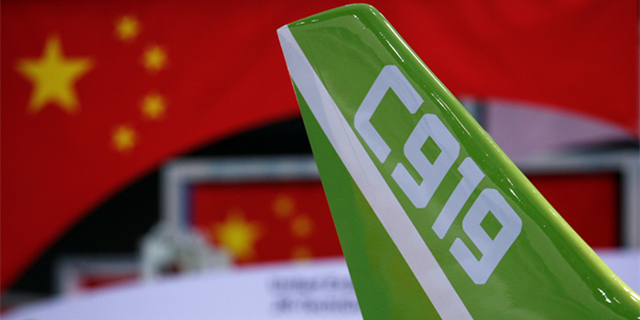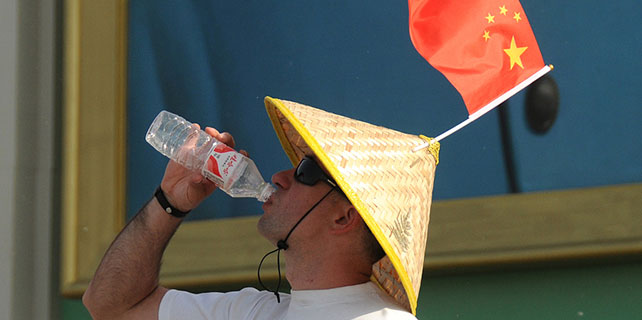Philippine trade minister calls for expediting RCEP talks
MANILA - Philippine Trade Secretary Ramon Lopez on Monday urged negotiators of the Regional Comprehensive Economic Partnership (RCEP) to speed up talks, reiterating the need to achieve a "substantial conclusion" on the giant free trade pact by the end of this year.
"We need to keep the momentum going and find the way forward," Lopez said at the opening of the 18th Meeting of the RCEP Trade Negotiating Committee And Related Meetings in Manila.
"Therefore, I encouraged negotiators to expedite negotiations without sacrificing quality and long term economic gains to achieve a substantial conclusion of the high-quality and credible agreement by the end of this year," Lopez said.
The Philippines, which holds the rotating chair of the Association of Southeast Asian Nations (ASEAN) this year, has committed to fast-tracking the RCEP that aims to tie together ASEAN's free trade agreements with each trading partners, including Australia, China, India, Japan, South Korea, and New Zealand.
RCEP will expand the ASEAN market from 600 million people to 3.5 billion.
Lopez said that 17 rounds of negotiations have been held so far since RCEP negotiations were launched in 2012.
Despite the challenges, he said that RCEP negotiations are moving forward.
"It is a milestone that the RCEP has gone so far to this 18th round. Armed with a momentum of having so far concluded chapters on small and medium enterprises, economic and technical cooperation, and, in principle, the competition charter."
"We want to find solutions as soon as possible because I think we are getting there. I think we're nearing the substantial conclusion. So let's find ways to solve these remaining issues," said Lopez.
Lopez said RCEP is "imperative as it holds many opportunities for all parties involved," adding the pact is "indispensable as it is designed to be pragmatic and pay heed to the levels of development and sensitivities of each negotiating country."
"With our markets integrated we will be more attractive and competitive in partnering for change and in engaging the world."
He added "it is now becoming important for all of us to show political willingness to move RCEP forward especially in light of the trend in some parts of the world where a return to protectionism are being considered."
"RCEP as they say is the only game in town. It should be an important demonstration that we continue to underscore the developmental function of international trade that benefits ultimately the broader base of our economy that will create more jobs, more business opportunities for our peoples."
At the end of the 30th ASEAN summit over a week ago, ASEAN leaders instructed their ministers and negotiators "to redouble efforts building on the good momentum achieved thus far" in the negotiations.
"We emphasized that the sluggish economic environment and trends towards protection increases the need to achieve a modern, comprehensive, high quality and mutually beneficial RCEP agreement, which has the potential to boost global economic growth, deepen regional economic integration and facilitate equitable economic development for all RCEP participating countries," the ASEAN leaders said in a statement issued by Philippine President Rodrigo Duterte at the end of the summit.
Moreover, the leaders reiterated the commitment of ASEAN states "to working together in a cooperative manner in line with the Guiding Principles and Objectives for Negotiating the RCEP towards the swift conclusion of the RCEP negotiations."
The ASEAN, which groups Brunei, Cambodia, Indonesia, Laos, Malaysia, Myanmar, the Philippines, Singapore, Thailand and Vietnam, is marking its 50th anniversary this year.









